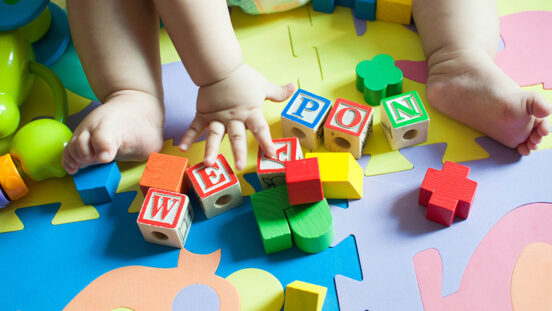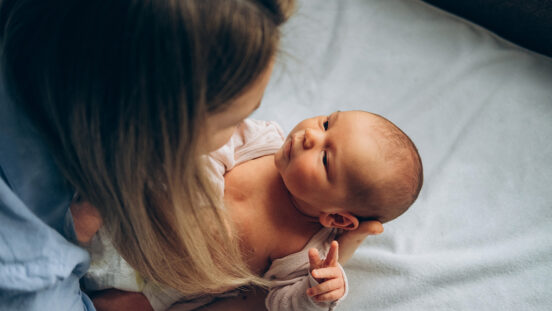23 Weeks Pregnant: Symptoms, Tips, and Baby Development

Expecting at 23 weeks? Get all the info on your baby’s milestones, how to manage pregnancy symptoms, and valuable health tips to ensure a smooth journey.
23 weeks pregnant and wondering what’s next? Learn about your baby’s growth, how to manage common symptoms like haemorrhoids, and top tips for maintaining a healthy pregnancy below.
Your body at 23 weeks pregnant
You should have put on around 4-7kg in weight. It’s normal to gain about 1kg each week from now on, so keep on munching on that healthy tucker.
Dream on
Having wild dreams? Doctors aren’t sure whether the vivid dreams many women experience during pregnancy are caused by the surge in hormones or your subconscious going into overdrive: it’s probably a combination of the two. Investing in a maternity pillow should help if you’re hankering after more dreamless sleep.
Whisper it… piles
Caused by increased pressure and congestion in the blood vessels around your anus, piles (aka haemorrhoids) are little (although they may not feel it), itchy, grape-like lumps that form around your anus. They may get bigger if you’re pushing too hard when constipated, but they do go away eventually.
Top tip: Dab a little witch hazel on your piles three times a day, or sit with just your bum in a just-hotter-than-usual bath.
Did you know?
Getting plenty of calcium during pregnancy can help to reduce your risk of developing preeclampsia.

Your baby at 23 weeks pregnant
She now weighs around 455g and is about 20cm crown to rump long – about the size of a small doll. She’s putting on a little weight and looking more like a baby by the day, although her skin is still wrinkled because she has very little body fat. Being very active also prevents her gaining weight – in fact, she won’t really start filling out until there’s less room for her to do acrobatics.
Getting on with her nerves
Your baby’s nerves – the bundles of fibres that transmit vital messages between the brain or spinal cord and other parts of the body – are growing. A special cover is developing to protect the nerves of the precious spinal cord.
Top tip: A good supply of calcium is vital for nerve development (it also helps to ensure your baby’s heart, muscles and blood clotting system grow normally). Make sure you’re getting enough milk, yoghurt, cheese and canned oily fish (eat the bones, too). You need to keep your calcium stores high for your sake as well as your baby’s: if you don’t get enough during pregnancy, you could be susceptible to osteoporosis in later life.




